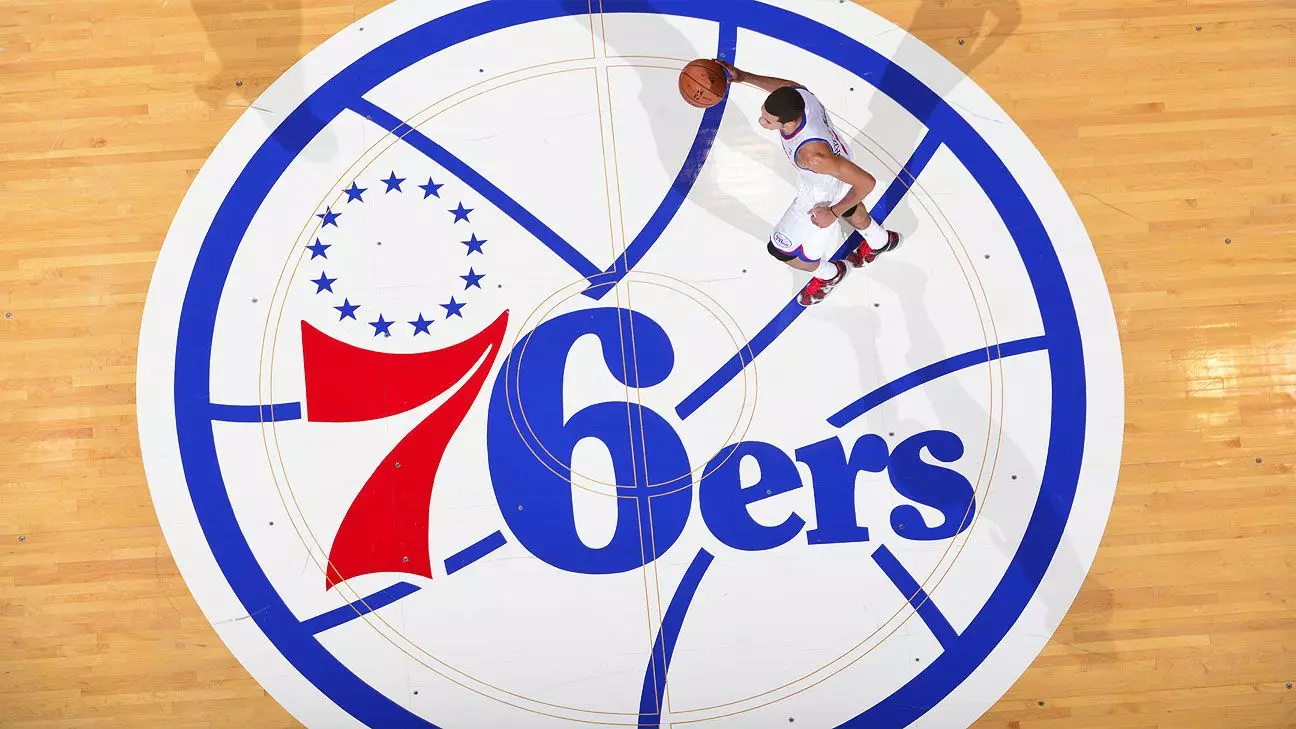In a surprising shift, the Philadelphia 76ers have opted not to move forward with their proposed downtown arena project and instead will build a new venue in South Philadelphia in partnership with Comcast Spectacor. This announcement marks a significant pivot from their earlier plans to construct a $1.3 billion arena near City Hall, close to the Chinatown neighborhood. The proposal had been met with dissent from various sectors of the community who feared it would exacerbate issues of development encroachment. Mayor Cherelle Parker heralded the decision as beneficial for Philadelphia as a whole, labeling it a “win, win, win, win for Philadelphia.” Despite the mayor’s enthusiasm, the abrupt change sparked feelings of disappointment and betrayal among city council members and critics who had invested two years in negotiations regarding the downtown plan.
The announcement prompted immediate reactions from community members and local leaders. City Council member Jim Harrity expressed feelings of disillusionment, stating he felt “completely bamboozled.” Meanwhile, concerns arose regarding the implications of this rapid shift for residents, particularly in Chinatown, who had already been grappling with questions about displacement and the prospect of a bustling arena dousing local culture. Critics voiced their frustrations, citing that this drastic change in plans suggested a disregard for the city’s stakeholders and long-standing community issues. Activist Vivian Chang conveyed a sense of cautious optimism, tempered by the reality that substantial community engagement was sacrificed while larger financial interests took precedence.
Economic experts have noted that varying development trajectories are not uncommon in the world of professional sports. Victor Matheson, an economist specializing in stadium financing, indicated that teams often negotiate and manipulate options within multiple cities to secure the most beneficial financial terms. This bid for the best deal can lead to abrupt changes, as seen previously with other franchises, including the case of the Washington Wizards and Capitals in their recently abandoned arena relocation initiative. Such strategic reversals — wherein a team attempts to leverage rival cities against one another — seem to be part of an ongoing pattern in sports franchise developments.
The city council had recently voiced their approval for the 76ers’ previous plan, believing a downtown arena would be a boon for Market East, reviving the trading corridor that has languished for years. Supporters viewed the intended arena as a powerful catalyst for economic regeneration, injecting much-needed vibrancy into a declining area. The sudden pivot, coupled with the team’s new direction, leaves many questioning the future of Market East yet again. City council members Jamie Gauthier and Rue Landau criticized the new decision, pointing to the need for integrity and respect toward local governance in matters that significantly affect residents.
As the 76ers move forward with their plans in South Philadelphia, the organization has made commitments to connect with the local community actively. Leadership from both the team and Comcast pledged to invest in the abandoned Market East site, indicating potential revitalization plans for an area that has suffered economically. Furthermore, the promise to explore the possibility of bringing a WNBA team to Philadelphia could signal an evolving sports landscape in the city, one that actively seeks to engage with diversity and inclusivity. David Adelman, a partner in the 76ers’ ownership group, stressed that despite the plans shifting, the focus on doing right by the fans and the city remains unchanged.
The decision to turn toward South Philadelphia rather than pursuing a downtown arena represents a complex interplay of financial strategy, community concerns, and urban development pressures. As the dust settles on this monumental announcement, it is clear that the future of Philadelphia’s sports venues will require a delicate balance between private interests and public responsibility. Ultimately, the reactions from various stakeholders underscore the necessity for future projects to prioritize genuine community engagement and equitable development, ensuring that all voices are heard in the ongoing conversation surrounding urban growth and cultural preservation. The path forward for the 76ers may serve as a touchstone for how professional sports organizations can align their objectives with the needs and desires of the communities they inhabit.

